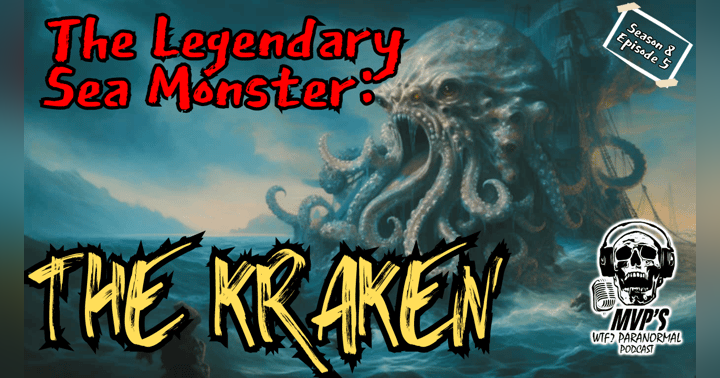Unearthing the timeless allure of werewolf folklore
Unearthing the timeless allure of werewolf folklore, our latest podcast episode invites listeners into the mysterious interplay between myth and reality. The episode begins with a captivating exploration of the earliest werewolf narratives, tracing their origins to the ancient Epic of Gilgamesh and the transformation tales from Greek mythology. These stories, imbued with the fear and fascination of shapeshifting, reflect the primal aspects of humanity's relationship with nature and the animalistic traits lurking within.
The journey continues as we delve into the dark ages of Europe, where werewolf lore found a particularly fertile ground. Here, the narrative uncovers the grisly werewolf trials that swept across the continent, echoing the hysteria of the later witch hunts. We recount the harrowing story of a 16th-century man tortured and forced to confess to lycanthropy, witchcraft, and cannibalism. His execution, a gruesome spectacle, illustrates the brutal measures societies have taken to purge the perceived threat of the supernatural from their midst.
The conversation takes a psychological turn, discussing clinical lycanthropy, a rare psychiatric syndrome in which individuals genuinely believe they can transform into wolves. We draw parallels to contemporary cultural phenomena, such as "furries" and species dysphoria, highlighting the complex ways human identity can intertwine with the animal kingdom. Furthermore, we explore recent reports of werewolf sightings, questioning whether these are modern manifestations of an ancient legend or something more.
As the episode unfolds, we encounter the peculiar tale of Gonzalves, the "hairy nobleman" of France, whose life story teeters on the boundary between fable and reality. His existence in the French court as an object of curiosity and his marriage, potentially the seed for the beloved "Beauty and the Beast" narrative, provides a poignant example of society's reaction to the extraordinary. Gonzalves' experience, as presented in the podcast, prompts listeners to reflect on the diverse and often perplexing ways humans respond to anomalies in nature and in one another.
In conclusion, the podcast does not merely recount tales of terror and transformation. It encourages a deeper contemplation of what the werewolf symbolizes across cultures and epochs. From embodying the untamed wilderness and the fear of the unknown to serving as a metaphor for the beast within, the werewolf legend persists. It captivates and confounds, reminding us of the enduring power of storytelling to navigate the shadows of human experience.
Join us on this exhilarating exploration of the werewolf phenomenon, where history, psychology, and myth intertwine in the eternal dance between man and beast. As you listen, prepare to be both enlightened and entertained by the echoes of the beast that still resonate in our collective imagination today.





















